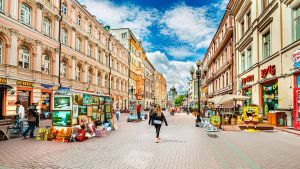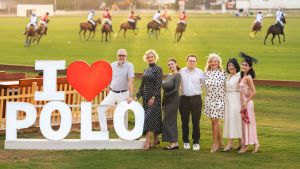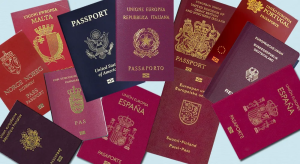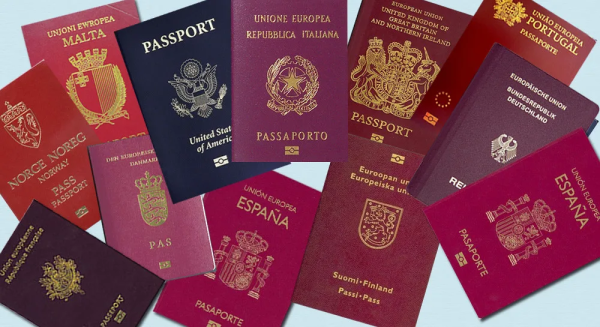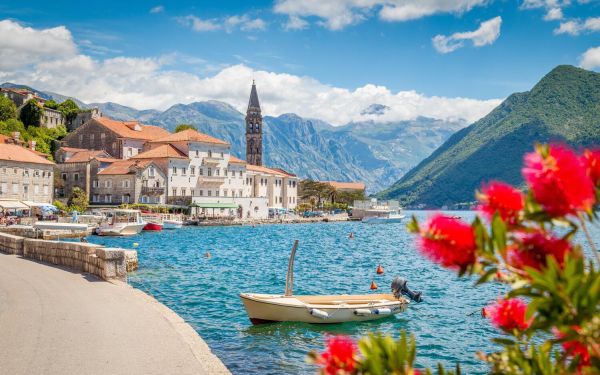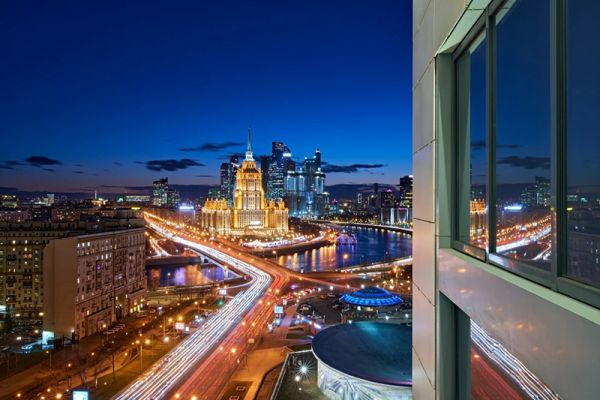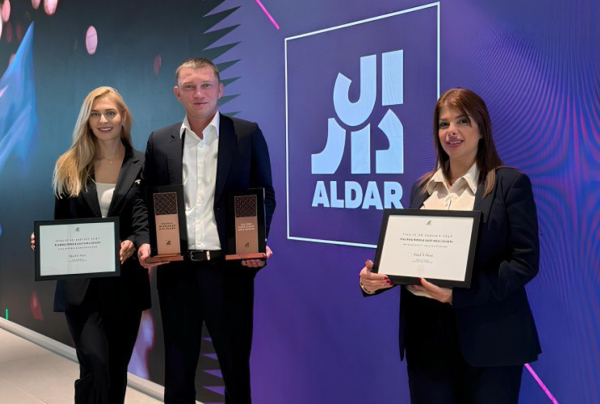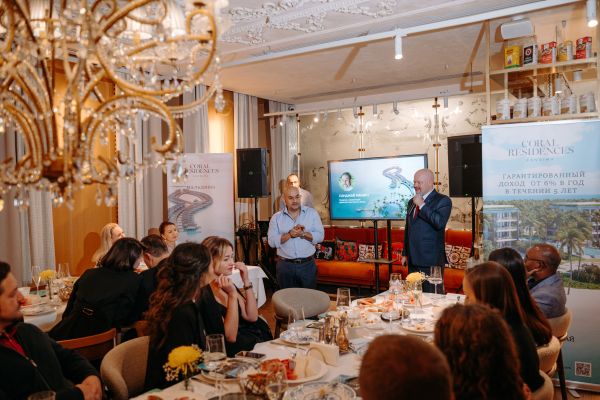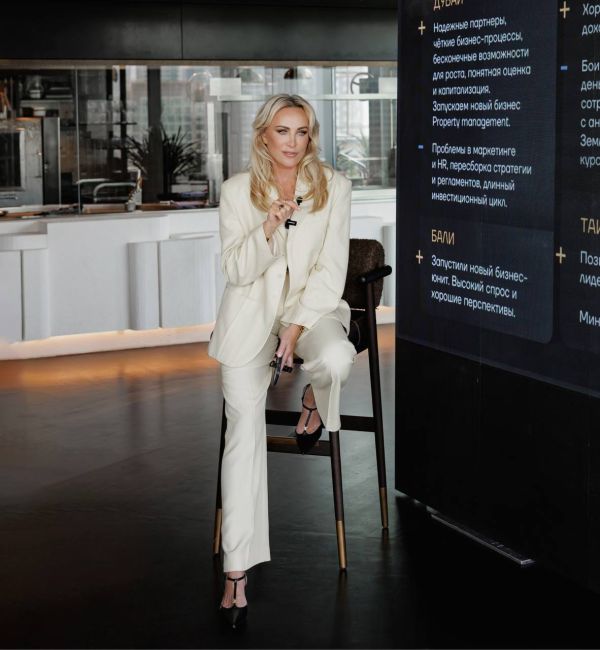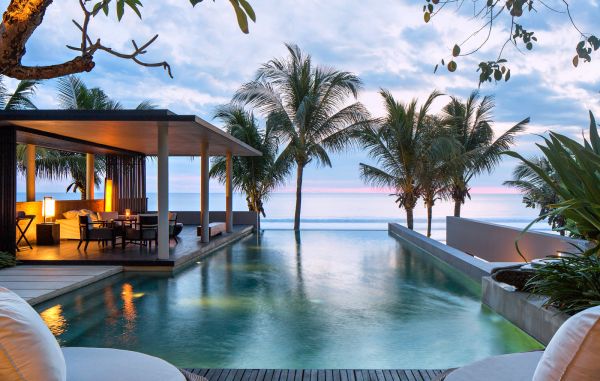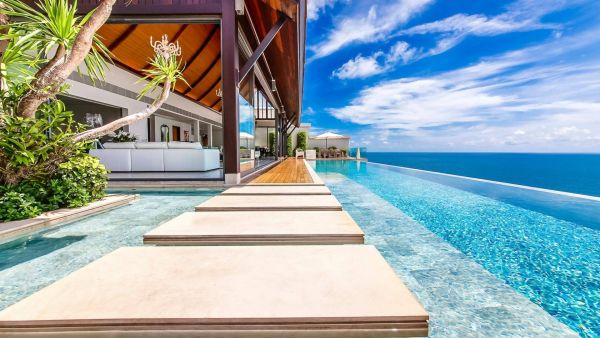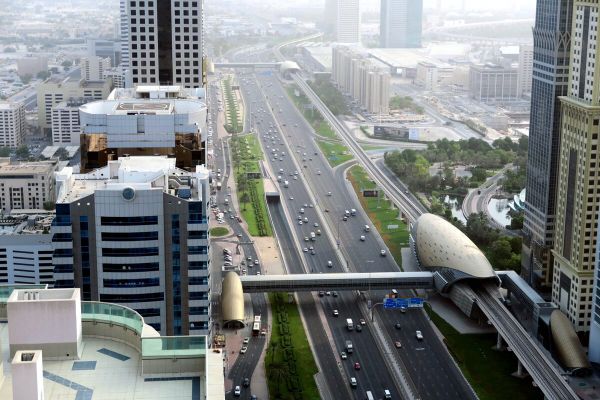Russian officials and politicians have realized that the ban on entry into Europe and the United States is long-term. The sale of mansions and apartments in Italy, Spain, and France by representatives of our political elite has collapsed local real estate markets. More than a hundred high-ranking public servants, deputies, and journalists have been hit by Western sanctions, who had real estate abroad where they enjoyed spending weekends and vacations two years ago. How has the demand for buying property in these countries changed and where do Russian politicians and officials with "non-departure" status now buy mansions and luxury apartments? Find out in the "URA.Ru" article.
Declarations of property by deputies and officials have shown that, despite the anti-Western rhetoric in recent years, high-ranking Russian politicians not affected by sanctions are in no hurry to get rid of their foreign real estate.
First Deputy Prime Minister Igor Shuvalov owns properties in Austria and the United Kingdom, Deputy Prime Minister Olga Golodets owns properties in Italy and Switzerland, while another Deputy Prime Minister, Alexander Khloponin, owns property in Italy. Foreign real estate was found in the Kremlin belonging to President's spokesperson Tatiana Navka (an apartment in the United States) and the wife of the presidential aide Andrey Fursenko (apartment, parking space, and utility room in Latvia). 18 deputy families have also declared foreign real estate, including the wife of Nikolay Valuev, who still owns a residential house in Spain despite the deputy's promise to get rid of foreign property, the wife of Boris Zubitsky owns an apartment in Switzerland, and the wife of Valery Yazev owns land and a house in Cyprus. The wife of Senator Vyacheslav Fetisov still owns land and a house in the United States.
Senator Andrey Klishas, who is on the long list of politicians affected by sanctions and unable to travel to Western countries, still owns property in Switzerland.
Dmitry Khalin, Managing Partner of Savills in Russia, explains that demand for foreign real estate from politicians and officials in their company has almost dropped to zero: "In addition to the sanctions, it has become simply inconvenient due to the strict control over the incomes of Russian officials by the state. Our officials and representatives of state-owned companies have switched to the domestic market. Moscow currently leads the way in terms of real estate purchases, with Sochi confidently taking second place. In Moscow, it is specifically representatives of Moscow's political elite who are purchasing real estate, while regional officials are investing in real estate in Sochi."
According to Khalin, this trend coincides with the fact that Russian businessmen on Forbes' list, on the contrary, want to sell their real estate in Russia: some of them do not currently see any prospects, while others do not need excess assets.
One realtor who helped deputies and their spouses sell homes and apartments abroad, on condition of anonymity, explains that initially his clients transferred their ownership to trust funds, transferred it to third parties, hoping that the sanctions might be lifted: "But just a year after the sanctions, the number of politicians wanting to get rid of their properties in Western countries sharply increased. Moreover, Russian businessmen often became the buyers of their real estate."
From the number of sanctioned deputies who have gotten rid of their property abroad, judging by official declarations, in recent years, such deputies as Vladimir Pligin (his spouse owned a country house and land plot in Bulgaria) and Senator Alexander Totoonov (his spouse sold an apartment in Bulgaria) have disposed of their properties.
At the same time, a realtor who conducted transactions for the sale of foreign real estate, when speaking to URA.Ru, claims that the number of such parliamentarians and senators is much larger: "I will not give names, it's my business. But Russian politicians in the State Duma, even mid-level officials in the government, you could say, have caused the real estate markets in Spain and Italy to collapse, almost simultaneously putting their houses up for sale."
The head of the real estate department of Kalinka Group, Victoria Komarnitskaya, says that many sanctioned officials have decided to sell their homes in Western countries and shift their interests to the Asian market: "This includes Vietnam, Hong Kong, Singapore, Thailand. Demand has also increased in the Russian market - Crimea, Sochi. But at the same time, buying property abroad through trust funds remains relevant." According to her, after the introduction of sanctions by Russian officials, demand for foreign real estate as a whole decreased by 10%.
In another agency that deals with the sale of luxury real estate abroad, on the condition of anonymity, they say that sanctions have indeed become a dramatic event for many Russian official families: "I myself was present when the wife tearfully begged her husband not to sell their house in Tuscany. She said that the sanctions would be lifted, and in the meantime, she could spend the summer there with their children. But the official refused outright, explaining that political etiquette requires giving up all property in Europe."
An informant from the agency in the government also states that civil servants are increasingly receiving signals from the authorities about the need to transfer their assets to Russia, but the officials are prepared for this until there are direct prohibitions on owning property abroad.
Sources from URA.Ru in real estate agencies also claim that despite the decrease in demand for foreign housing among the Russian political elite, the real estate market still favors France, Spain, Italy, and the USA, although the outflow of clients increases every year.
